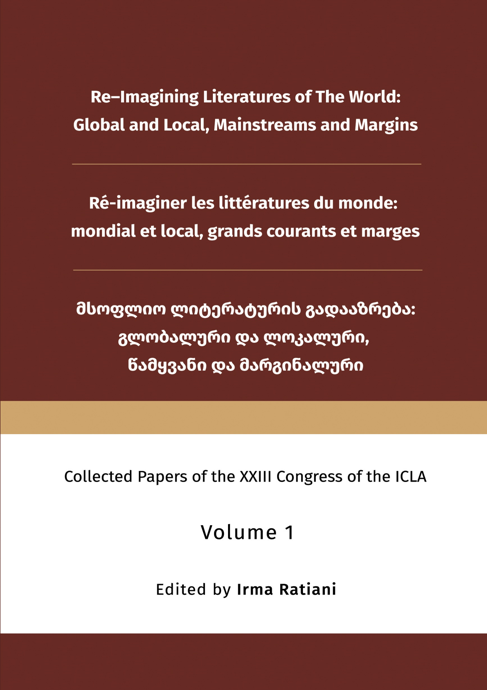Dialogic Reading of African Literature in Bengali: A Study from Bangladeshi
Main Article Content
Abstract
Translation is always dialogic as it requires dialogues between two different languages, cultures, texts and authors and literature is usually defined by its content and its attachment with the realities out of which it emerges, not by its language. Modern African litera-ture has reached the international readership mostly in the English language even though French and Portuguese languages have become a very considerable media of it. Africa, with its more than two thousand languages, can be comprehensible to a huge number of monolingual, bi-lingual and multilingual readers of the world through translation in the language of the local readership. In Ban-gladesh the majority of readers are mostly monolingual. So, to be comprehensible to the Bangladeshi readership African literature re-quires to be translated into Bengali. Many prominent translators have translated and are still translating a considerable number of African literary texts. But it is noticed that the speed and impulse which are invested in translating a European or American or even Latin American literary text are not employed in translating an African literary text. It may be because of the lack of communi-cation with African cultures and languages and the linguistic limi-tations to negotiate with the creoles and pidgins used in African literary texts or even colonial legacy. Besides, translation is never apolitical. It re-creates through intertextuality and negotiations bet-ween two diverse cultures and languages. Interaction today is possible to a remarkable extent through the internet and hi-speed communication media. But in a postcolonial situation in the context of neo-colonization and crony capitalism, economic realities and psychic boundaries deeply impact the process of fortification of the dialogues between two diverse cultures, inevitable for creative translatability of these phenomena. How the translators respond to the synchronic and diachronic contexts of the source texts is im-portant for the re-creation and at the same time authentication of the translated texts. This paper seeks to critically explore the factors related to the reading of African literature in translation dialogically in Bangladesh.
